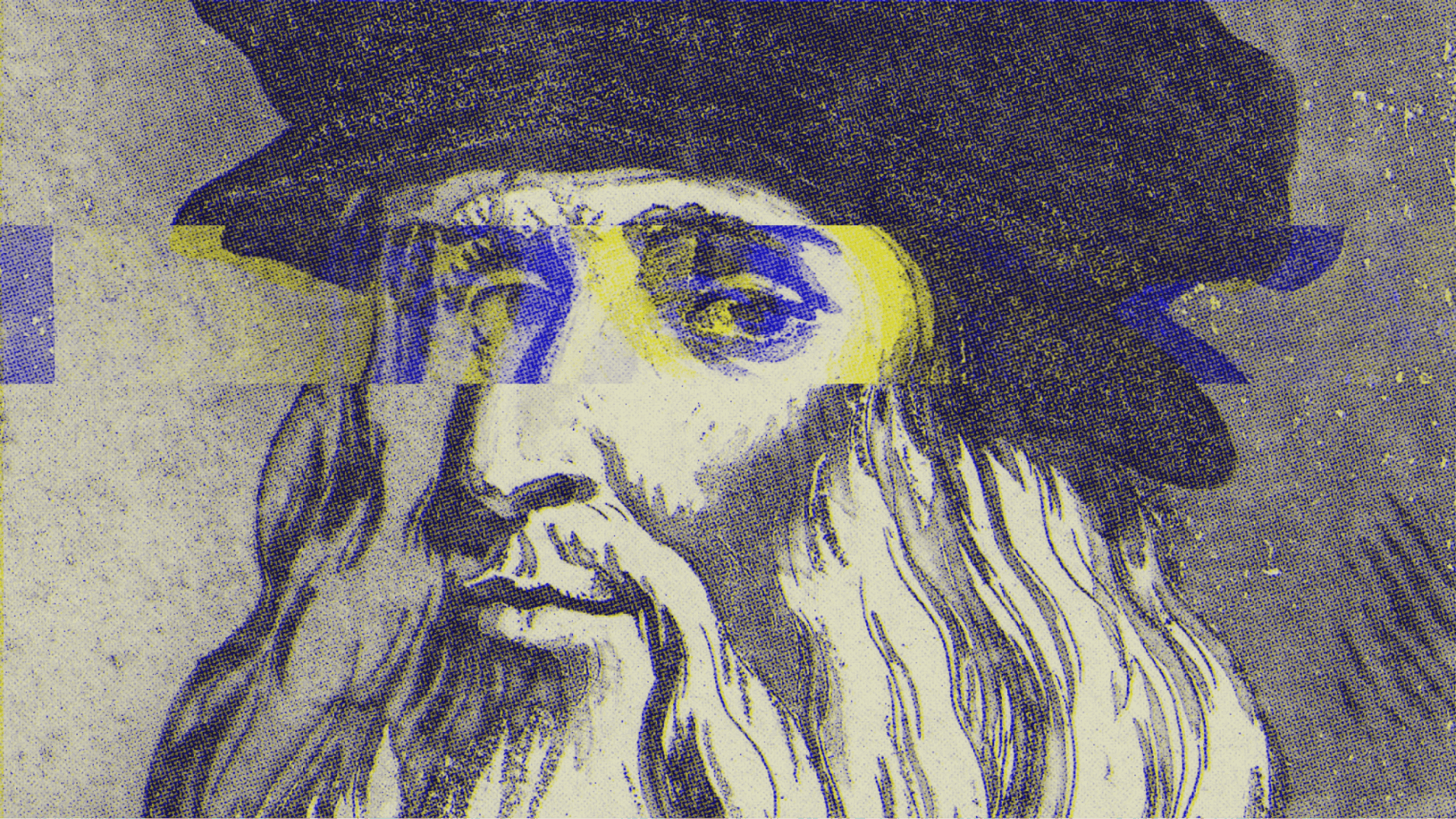Carter talks about the honor of clerking for Thurgood Marshall.
Topic: Heroes: Thurgood Marshall
Stephen Carter: Let me tell you a little story. I was a law clerk for Thurgood Marshall – I should have mentioned earlier another person who greatly influenced me. I was a law clerk for him a long time ago in 1980. I got to know him a little better – a lot better – in the last year of his life. He was working on an oral history project for the Federal Judicial Center and I was his interviewer. We didn’t finish the project. We probably got 34, 36 hours of tapes done before he died. Something like that. I don’t remember. But it was very near and dear to his heart, and of course I was very happy to have a role in it, however small that role might have been. And through that year I was one of his many law clerks. And through that experience of being able to listen to him up close for a year, it struck me that I never heard him say a bad word about other people. In fact even when he was talking about people who nowadays who we think of as, say, enemies – the segregationists . . . some of the great segregationists of the age . . . And we’re talking about a man who, long before he was on the Supreme Court, used to try civil rights cases in little local courts, often at risk to his life having to escape lynch mobs in the middle of the night. Not only did I never hear him say a bad word about anyone, but he went out of his way to say good words about people. I remember once I asked him about one particular segregationist lawyer, and I remember so clearly Justice Marshall answering, “He was a good man. He was a great man who just happened to believe in segregation.” He wasn’t being facetious. He wasn’t making fun; he was making a point. And his point seemed to be that even across what I think was the greatest moral divide of the 20th century in the United States – racial segregation – he would look at his opponents – not his enemies ever, but his opponents – and find the common humanity that would enable him to say, “They were good people but forthis.” That wasn’t just a tool; that actually made a difference. Because one of the things . . . The untold story of Thurgood Marshall’s work was the time that he spent in back rooms all over the South, as he would say, playing cards and drinking whiskey – making deals with some great segregationist because he said, “You could do business with him. His word was good.” That was a very high compliment coming from Thurgood Marshall. He’d shake hands with them and make a deal. And that side of life is largely forgotten. The notion that we ought to be able to see beyond our differences, sit down with these people with whom we have strong disagreements and see their common humanity; that’s largely gone or it’s dying anyway. And I would like to see a movement back in that direction. I would like to see more and more people of very strong political views sitting down with people who feel differently. Not sitting down and yelling and screaming. Not sitting down and feeling contemptuous; but sitting down and looking for the genuine humanity in people on the other side of really very, very important issues. Because if we don’t find that common humanity, we can’t do business together. And if we can’t do business together, then we’re back again into the politics of mob rule, which is who gets the bigger mob rather than how can we craft compromised solutions to difficult problems so that every democracy can use them to move forward.
Recorded on: 7/25/07





